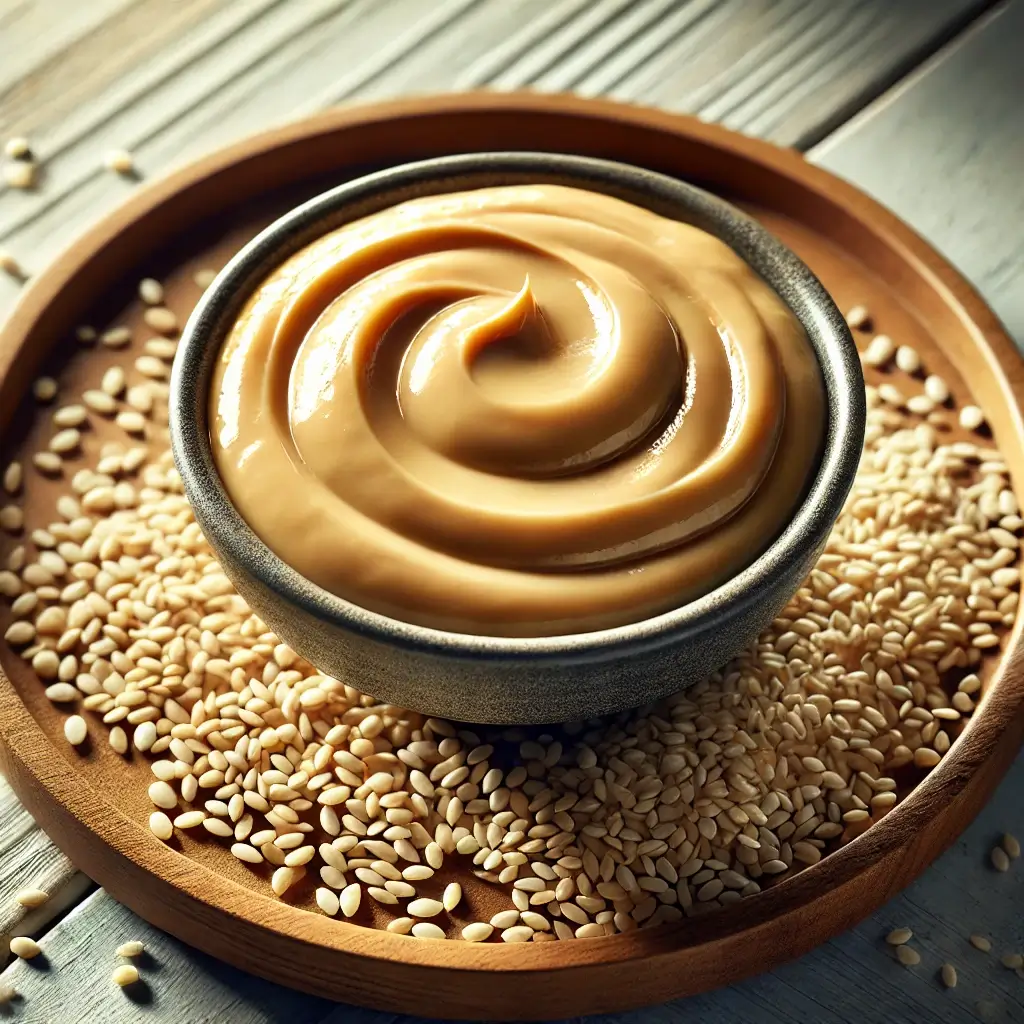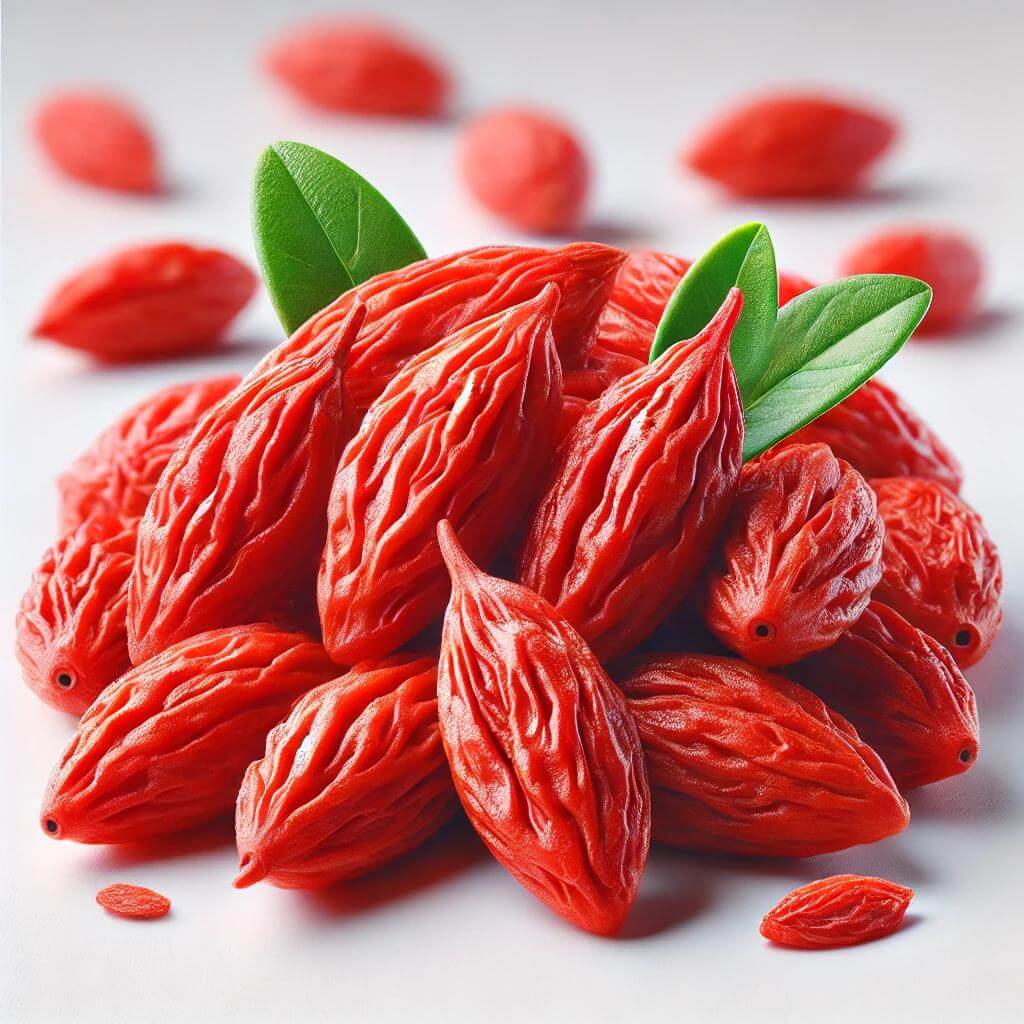Tahini: Why This Superfood Deserves a Spot in Your Diet
What is Tahini?
Tahini, a creamy paste made from ground sesame seeds, has been a staple in Middle Eastern and Mediterranean cuisines for centuries. This versatile ingredient is not only a key component of popular dishes like hummus and baba ghanoush but also a superfood packed with essential nutrients. In recent years, tahini has gained recognition worldwide for its numerous health benefits, making it a must-have in any health-conscious diet.
Health Benefits of Tahini
1. Rich in Essential Nutrients
Tahini is a powerhouse of vitamins and minerals, providing a significant amount of essential nutrients in just a small serving. It is particularly rich in:
- Calcium: Crucial for bone health, tahini provides a plant-based source of calcium, making it an excellent option for those following a vegan or dairy-free diet.
- Magnesium: Important for muscle function, blood sugar regulation, and heart health, magnesium in tahini supports various bodily functions.
- Iron: Essential for producing hemoglobin and preventing anemia, iron in tahini helps maintain healthy energy levels.
- Zinc: Key for immune function and skin health, zinc found in tahini boosts overall well-being.
- B Vitamins: Tahini is a good source of B vitamins, including B1 (thiamine), B2 (riboflavin), and B3 (niacin), which play vital roles in energy production and nervous system health.
2. Heart Health
Tahini is rich in healthy fats, particularly monounsaturated and polyunsaturated fats, which are known to support heart health. These fats help reduce bad cholesterol (LDL) levels and increase good cholesterol (HDL) levels, lowering the risk of heart disease and stroke. Additionally, the sesamin and sesamol compounds found in tahini have antioxidant properties that protect the heart from oxidative stress and inflammation.
3. Bone Health
The calcium content in tahini makes it a great food for maintaining strong bones and preventing osteoporosis. Just one tablespoon of tahini contains approximately 64 mg of calcium, making it an effective way to boost calcium intake, especially for those who do not consume dairy products.
4. Antioxidant Properties
Tahini is loaded with antioxidants, including lignans like sesamin and sesamolin, which have been shown to combat oxidative stress in the body. These antioxidants help neutralize free radicals, reducing the risk of chronic diseases such as cancer and heart disease. The antioxidants in tahini also support skin health, helping to reduce signs of aging and promote a youthful appearance.
5. Anti-Inflammatory Effects
The high levels of healthy fats and antioxidants in tahini contribute to its anti-inflammatory properties. Chronic inflammation is linked to many diseases, including heart disease, diabetes, and arthritis. Incorporating tahini into your diet can help reduce inflammation and lower the risk of these conditions.
6. Supports Weight Management
Despite being calorie-dense, tahini can support weight management when consumed in moderation. The healthy fats, fiber, and protein content in tahini help promote satiety, keeping you fuller for longer and reducing the likelihood of overeating. Additionally, tahini’s rich nutrient profile ensures that you get essential nutrients without the need for large portions.
7. Boosts Immune System
Tahini’s rich zinc and selenium content supports immune function, helping the body fight off infections and maintain overall health. Zinc is particularly important for immune cell function, while selenium acts as an antioxidant, protecting the body from damage caused by oxidative stress.
How to Incorporate Tahini into Your Daily Diet
1. Use as a Spread
Tahini can be used as a spread on toast, crackers, or sandwiches, much like peanut butter. It adds a nutty flavor and a creamy texture, making it a delicious alternative to other spreads.
2. Add to Smoothies
For a nutrient boost, add a spoonful of tahini to your morning smoothie. It pairs well with fruits like bananas, dates, and berries, adding creaminess and a subtle nutty flavor.
3. Drizzle on Salads
Tahini makes an excellent salad dressing, either on its own or mixed with lemon juice, garlic, and a bit of water to create a tangy, creamy dressing. It complements green salads, roasted vegetables, and grain bowls.
4. Incorporate into Sauces and Dips
Tahini is a key ingredient in many sauces and dips. Mix it with garlic, lemon juice, and yogurt for a quick and easy dip, or add it to pasta sauces for extra creaminess and flavor.
5. Bake with Tahini
Tahini can be used in baking to add richness to cookies, brownies, and cakes. It can replace butter or oil in many recipes, making your baked goods healthier without sacrificing flavor.
Potential Disadvantages of Tahini
While tahini is packed with health benefits, there are a few considerations to keep in mind:
- High-Calorie Content: Tahini is calorie-dense, with about 89 calories per tablespoon. While it offers many health benefits, portion control is important, especially for those monitoring their calorie intake.
- Allergies: As a sesame seed product, tahini can trigger allergic reactions in individuals with sesame allergies. Symptoms can range from mild (itching, rash) to severe (anaphylaxis).
- Oxalates: Tahini contains oxalates, which can contribute to kidney stones in susceptible individuals. If you have a history of kidney stones, it may be wise to consume tahini in moderation.
Nutritional Values of Tahini
| Nutrient | Amount per 1 tbsp (15g) |
|---|---|
| Calories | 89 |
| Total Fat | 8g |
| Saturated Fat | 1.1g |
| Polyunsaturated Fat | 3.5g |
| Monounsaturated Fat | 3g |
| Cholesterol | 0mg |
| Sodium | 17mg |
| Potassium | 64mg |
| Total Carbohydrate | 3.2g |
| Dietary Fiber | 1.4g |
| Sugars | 0.1g |
| Protein | 2.6g |
| Calcium | 64mg |
| Iron | 1.3mg |
| Magnesium | 15mg |
| Phosphorus | 109mg |
| Zinc | 0.7mg |
| Selenium | 4.1mcg |
| Vitamin B1 (Thiamine) | 0.1mg |
| Vitamin B2 (Riboflavin) | 0.04mg |
| Vitamin B3 (Niacin) | 0.3mg |
Conclusion
Tahini is a nutrient-dense superfood that offers a wide range of health benefits, from supporting heart and bone health to providing antioxidant and anti-inflammatory effects. Its versatility in the kitchen makes it easy to incorporate into a variety of dishes, whether as a spread, in smoothies, or as a base for sauces and dips. While it is high in calories and can pose some risks for those with allergies or kidney stone issues, tahini’s advantages make it a valuable addition to any diet.
*Disclaimer: The information provided in this article is for educational and informational purposes only and should not be construed as health advice. The content is solely the personal opinion of the author and is not intended to be a substitute for professional medical advice, diagnosis, or treatment. Always seek the advice of your physician or other qualified health provider with any questions you may have regarding a medical condition or before starting any new diet or treatment. Read more




2 comments